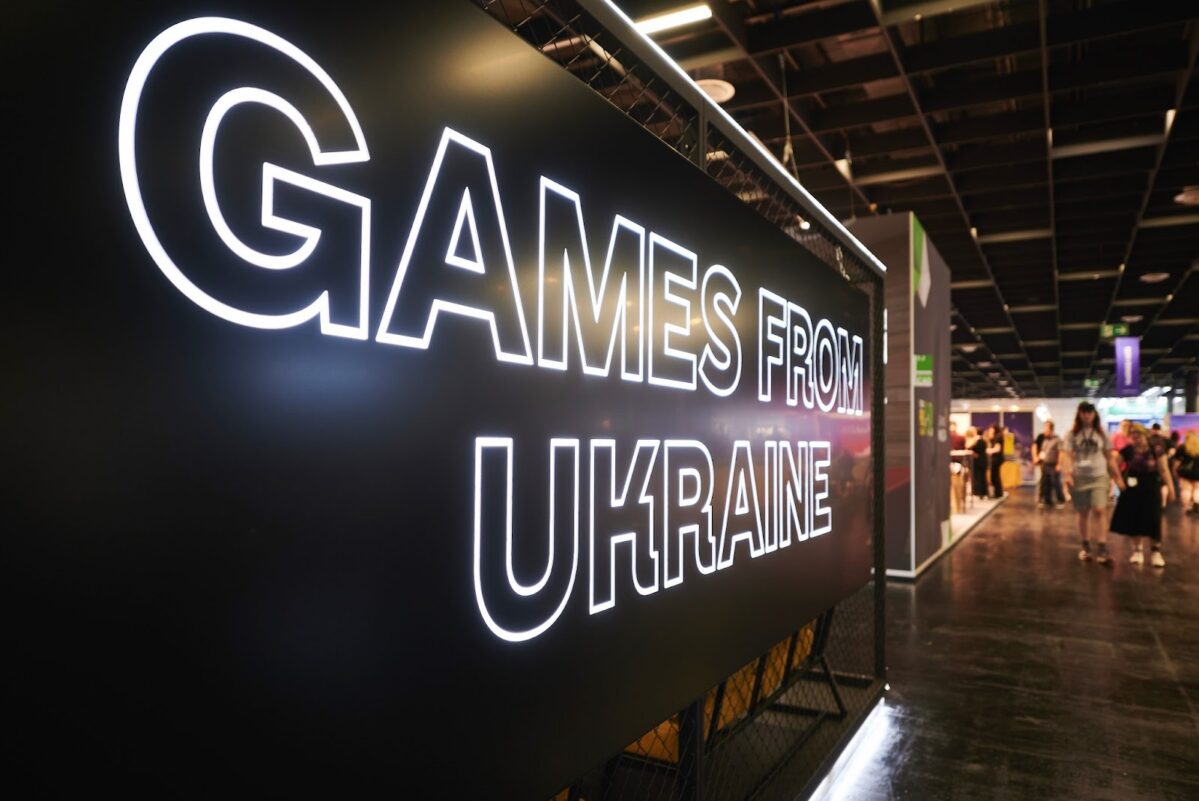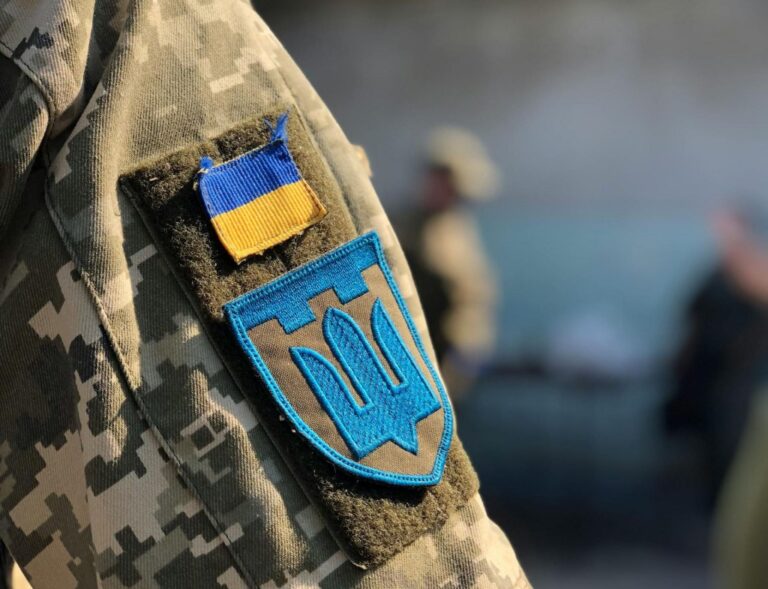
Ukrainian Game Dev and AI Startups: How Digital Industries Are Shaping the Country’s Global Economic Reputation
Despite the war, large-scale emigration of specialists, and market uncertainty, Ukrainian companies in the fields of game development and artificial intelligence continue to demonstrate impressive results. Game studios are creating world-class products generating tens of millions of dollars in profit. At the same time, the emerging AI ecosystem is attracting multimillion-dollar investments and launching breakthrough technologies from bionic prosthetics to drone swarms.
AB Games: mobile Hidden City and $500 million in revenue
One of the biggest success stories in the Ukrainian industry is the game Hidden City, developed by the studio AB Games. The company was founded in 2011 by Anton Bolshakov, former head of key projects at GSC Game World, including S.T.A.L.K.E.R.: Shadow of Chernobyl.
AB Games chose to focus on casual mobile games in the Hidden Object genre. And the decision paid off: Hidden Citybecame a hit in the United States and Japan, attracting over one million active players daily. At its peak, the game had a monthly audience of 5 million users. According to Anton Bolshakov:
“The total revenue from the game exceeded $500 million.”
The company now has offices in Kyiv, Rivne, Dnipro, and Limassol (Cyprus), and employs more than 140 people. The success of AB Games demonstrates that a freemium model based on microtransactions and targeting a global audience can generate stable revenue even under crisis conditions.
GSC Game World: the legendary S.T.A.L.K.E.R. series
The Kyiv-based studio GSC Game World, known for the S.T.A.L.K.E.R. franchise, has retained its cult status. The first installment S.T.A.L.K.E.R.: Shadow of Chernobyl (2007) sold more than 2 million copies. It was followed by two more titles, and in 2024, the studio released S.T.A.L.K.E.R. 2: Heart of Chornobyl.
Within five days of release, the game sold 1.4 million copies on Steam, with total sales exceeding 6 million units. The studio’s estimated revenue reached $200–250 million on Steam alone, while the overall value of the franchise surpassed $300 million.
The key difference between S.T.A.L.K.E.R. and Hidden City lies in their monetization models: the former is sold as a one-time purchase, while the latter relies on continuous engagement and microtransactions.
4A Games and Metro: post-apocalyptic atmosphere from Kyiv
The Metro franchise is another example of Ukrainian game development success. It was created by 4A Games, a studio founded by former GSC Game World employees. After the success of Metro 2033 and Metro: Last Light, the company released Metro Exodus in 2019 a full-fledged AAA title for the global market.
The game sold over 10 million copies, and the total revenue of the franchise is estimated at $200-250 million. Despite relocating its headquarters to Malta, the R&D center remains in Kyiv, which preserves the Ukrainian identity of the franchise.
Frogwares: detective stories Sherlock Holmes and The Sinking City
Founded in 2000, the studio Frogwares specializes in narrative-driven detective games. Its Sherlock Holmes series has sold over 7-8 million copies. While exact financial figures are not disclosed, games from the series have generated over $16.6 million on Steam alone, according to VG Insights.
Frogwares also released The Sinking City, a game with strong potential that unfortunately became entangled in a legal dispute with French publisher Nacon. Despite this, the studio managed to retain its independence and continues to publish its titles on its own.
Frogwares’ total revenue over the past five years is estimated at $100 million a significant achievement for an independent studio focused on story and atmosphere.
AI Startups: from prosthetics to drone swarms
Alongside the technological breakthroughs in game development, Ukraine is witnessing the rise of a new innovation wave AI startups, which have attracted over $20 million in investment since 2022.
Post List
Esper Bionics $7 million
The most well-known project is Esper Hand, a bionic hand developed by the startup Esper Bionics. In 2022, TIMEmagazine included the device in its list of the best inventions of the year.
The company has offices in New York, Lviv, and Berlin, and has raised $7 million in funding from investors such as SMRK, Google, and Alchemist Accelerator. The cost of one prosthesis is $22,000, which is fully covered by health insurance in the United States.
“We want such technologies to be accessible to Ukrainians who suffered in the war,” – said Prime Minister Yuliia Svyrydenko during her visit to the company’s production facility in July 2025.
Portal.AI $5 million
The startup Portal.AI, founded by Volodymyr Panchenko, initially worked in the AI marketing field. Since 2025, however, it has pivoted into a new type of video-based social network, where artificial intelligence generates personalized video content on demand.
“It’s like a video version of Google Translate for communication,” the founder explains.
A new investment round in 2025 brought $5 million, enabling the team to scale the product further.
RedTrack $3.2 million
Although RedTrack is registered in Lithuania, its founder Vladyslav Zhovtenko is Ukrainian. The platform analyzes advertising campaigns using AI and serves over 800 clients in 100 countries.
In October 2024, the company raised $3.2 million in a Series A funding round.
Osavul $3 million
The AI solutions developed by Osavul help detect disinformation attacks and bot networks. The product is used by Ukraine’s National Security and Defense Council, the Ministry of Defense, and NATO.
The tools are based on large language models (LLMs) and support Ukrainian, Polish, English, French, and Russian. In 2023 alone, Osavul identified over 600 information threats.
Swarmer $2.7 million
The startup Swarmer, founded by Serhii Kupriienko, is developing the Styx AI system for managing drone swarms. One operator can control up to 15 drones simultaneously. In September 2024, the company secured $2.7 million from American investors, including partners from the D3 fund, associated with Eric Schmidt.
The success of Ukrainian game development studios and AI startups is not merely a collection of strong business cases it is evidence of the country’s technological maturity and global potential, even in the hardest of times. In the midst of war, these projects are not only surviving they are growing, creating new markets, and strengthening Ukraine’s digital reputation worldwide.















